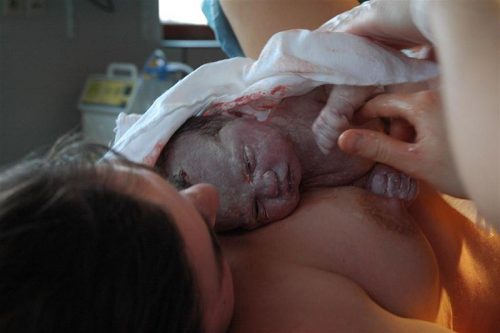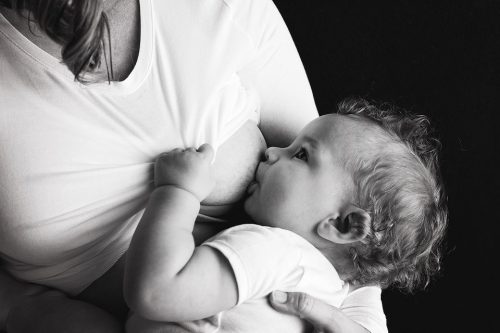Coming from a survivor’s perspective and experience, there is a lot of postpartum depression information that I wish people would’ve warned me about.

But then again, I guess, not everyone was as honest with their feelings as I were. Sometimes, I still get triggered whenever I hear someone battling with PPD or depression in general. Because, the reality is, PPD is a severe mental illness that will cripple you to the point of taking your life away.
What did I learn from years of having PPD and overcoming the disorder?
“Sometimes a person with postpartum depression may believe they are just suffering from the normal “baby blues” after giving birth. But postpartum depression symptoms last longer than the baby blues and are usually more intense. Postpartum symptoms usually develop within the first few weeks after giving birth, but may begin later — up to six months after birth,” says John Grohol PsyD.
- You May Have Everything But That Does Not Exempt You From PPD
Postpartum depression knows no gender, race, religion, or social status. Whether you’re living in the suburbs surrounded by great people who love and support you or you’re a celebrity living your life in the Tribeca area, postpartum depression is going to hit you, and when it does, there’s no escaping. Just because people are living “the good life” doesn’t mean that they are immune to having PPD.
“PPD affects about 10 to 15 percent of moms,” says Margarita Tartakovsky, M.S.
- PPD Is A Combination Of Feelings
You don’t just feel sad; PPD is mixed emotions rolled up in one condition. Extreme melancholia is just another symptom. There are times that I would be enraged, irritable, and anxious towards anything and everything. But most of the time, I just feel empty and hopeless.
- Certain Kinds Of Antidepressants Go Well With Breastfeeding

What worried me the most when I finally took the giant step of seeking professional help is the medication that is going to affect breastfeeding. My daughter was a not a fan of the bottle. Thankfully, certain drugs are safe for breastfeeding and Zoloft was one of them.
- PPD Is Not The Baby Blues
“Different women react differently but normal baby blues are usually accompanied by moments of joy and wonder and happiness about the baby and motherhood. But when those up and downs last more than a few weeks, and especially if they get worse, it may indicate that the new mom is developing postpartum depression (PPD),” according to licensed marriage and family counselor Marie Hartwell-Walker, Ed.D.
Initially, as the condition starts to kick in, I thought it was just the baby blues, which a lot of mothers might have experienced in fact, baby blues are so typical; it occurs in 80% of women. It turns out, baby blues are natural reactions that a lot of mothers go through after childbirth and lasts for not more than ten days or two weeks. After the said duration, the baby blues will go away, and the moms can enjoy the company of their newborns. On the other hand, PPD lasts for more than two weeks and if not treated, can progress for months. More so, PPD’s prevalence is just up to 7% with episodes of suicidal ideation. The bottom line is, PPD is far worse than baby blues.
- The Basics Are Essential

I never thought that proper sleep, regular exercise, and a healthy diet could significantly boost my mental health when dealing with depression. I am aware that since the beginning of time that we are always reminded about all those health stuff but sometimes, I just get lost in life that I may have forgotten how I’m supposed to adhere to the basics. Even a daily 10-minute walk with your baby is enough to boost my mood. Also munching on some fruits and veggies and then asking my partner to do baby care at night is a huge deal that helped me battle PPD.
Having postpartum depression does not mean that you are a terrible mom. It’s just that, we are humans who are susceptible to specific disorders that we did not ask for. Though I know it’s hard to ask for help, for your sake and the sake of your baby and your family, get some help the moment you notice that you have PPD. You will get treatment as early as possible and will soon enjoy the beauty of motherhood.